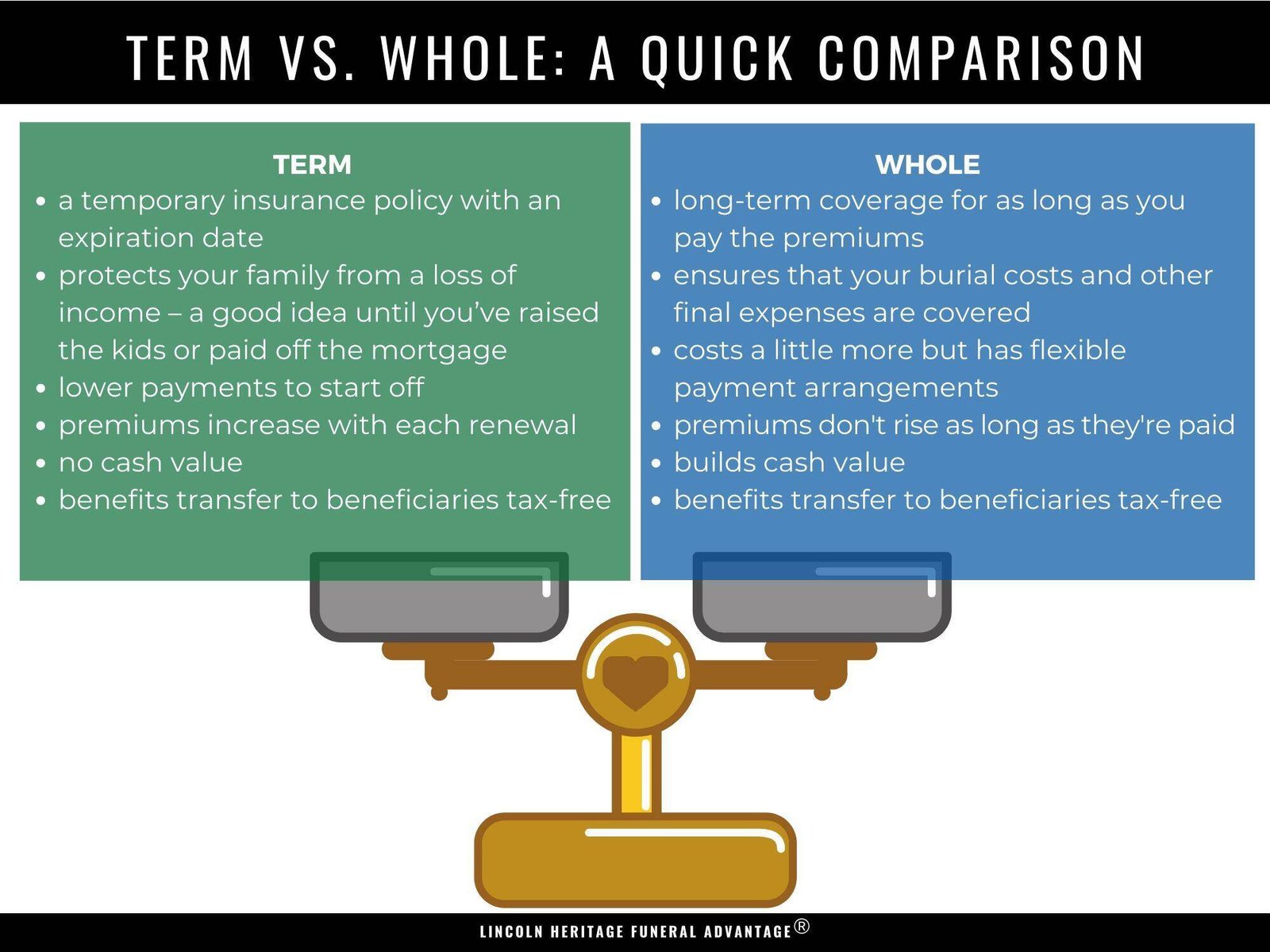How To Find Perfect College For You
Beyond the Rankings: Finding Your Perfect College Fit
College applications. Standardized tests. Campus tours. It’s a whirlwind for high school students, and the pressure to pick the “perfect” college can feel immense. Often, that pressure translates into a singular focus: rankings. But the truth is, the best college for your neighbor might not be the best college for you.
This blog is your guide to move beyond the rankings and find a university that truly aligns with your unique needs and aspirations. We’ll delve into four crucial factors to consider: academics, learning style, budget, and campus culture. By understanding these elements, you’ll be empowered to craft a college list that sets you up for success and happiness.
Academics: Finding Your Passion
College is a time to explore your intellectual curiosity and delve deeper into subjects that excite you. Rankings often focus on prestige, but a more relevant question is: Does the college offer strong programs in your area of interest?
- Explore Majors and Minors: Take stock of your academic strengths and interests. Research potential majors and minors offered by different universities. Do they have dedicated departments with passionate faculty? Consider utilizing resources like the College Board’s BigFuture https://bigfuture.collegeboard.org/ search tool to filter colleges by major and explore program details.
- Coursework and Curriculum: Look at the specific courses offered within your major. Do they align with your learning goals? Some universities offer a more traditional lecture format, while others emphasize project-based learning or independent research. Explore the university course catalogs to understand the curriculum structure.
- Faculty Expertise: Research the professors in your field of interest. Are they renowned researchers? Do their publications align with your academic interests? Knowing their expertise can give you a sense of the intellectual landscape at the university. Many universities have faculty profiles on their websites, allowing you to explore their research interests and publications.
- Honors Programs and Research Opportunities: If you’re a high-achieving student, explore honors programs, research opportunities, and undergraduate research fellowships. These programs can offer a more challenging and enriching academic experience. Look for universities that emphasize undergraduate research involvement through their websites or by contacting the admissions office.
Learning Style: How You Thrive
Not everyone learns the same way. Some students flourish in large lecture halls, while others crave the intimacy of small seminars. Identifying your learning style is crucial for maximizing your academic success.
- Consider Your Preferences: Do you prefer hands-on learning through labs and projects, or do you learn best by reading and writing essays? Some universities offer strong undergraduate research programs, while others prioritize classroom discussions. Reflect on your past learning experiences to identify what approaches have worked best for you.
- Class Sizes and Formats: Research the average class size at different universities. Do they offer smaller seminars and discussion sections alongside larger lectures? Look beyond averages and investigate the range of class sizes offered in your intended major to get a more accurate picture.
- Learning Support Services: Does the university offer resources like academic advisors, writing tutors, or study skills workshops? These support systems can be invaluable for navigating the academic challenges of college. Many universities have dedicated learning centers or student success offices that provide these services. Explore these resources on the university website or contact the office directly to understand their offerings.
Budgeting for Your Future
College is a significant financial investment. As you narrow down your college choices, consider the overall cost of attendance, including tuition, fees, room and board, and books.
- Financial Aid Packages: Research the financial aid packages offered by different universities. Do they offer merit-based scholarships or need-based financial aid? Can you expect a significant portion of your tuition to be covered? Utilize the Net Price Calculator available on each university’s website to estimate your potential financial aid package based on your academic profile and financial situation.
- Scholarships and Grants: Explore external scholarship and grant opportunities. There are scholarships available for students with specific academic achievements, extracurricular activities, and financial needs. Utilize scholarship search engines like https://www.fastweb.com/ and https://www.scholarships.com/ to find scholarships that match your profile.
- Cost of Living: Research the cost of living in the college town or city. How expensive is housing, food, and transportation compared to where you live now? Utilize cost-of-living calculators available online to compare expenses between different locations.
Campus Culture: Finding Your Tribe
College isn’t just about academics; it’s about finding your place, making lifelong friends, and building a community. The campus culture plays a significant role in shaping your overall college experience.
- Location and Environment: Do you prefer a bustling urban campus or a quiet, rural setting? Some universities offer a strong international student population, while others have a more homogenous community. Consider the environment that will best foster your personal growth. Explore virtual tours offered by universities to get a feel for the campus environment.
- Campus Activities and Clubs: Research the extracurricular activities, clubs, and organizations offered by different universities. Are there groups dedicated to your hobbies and interests? Do they offer opportunities for leadership and involvement? Look for universities with vibrant student organizations through their websites or by contacting student life departments.
- Diversity and Inclusion: Evaluate the university’s commitment to diversity and inclusion. Does it have a vibrant multicultural student body and resources for students from different backgrounds? Look for universities that showcase their diversity initiatives and resources dedicated to multicultural student support services.
Crafting Your College List
Now that you’ve considered these crucial factors, it’s time to start crafting a college list that reflects your unique needs and aspirations. Here are some tips:
- Balance Reach, Match, and Safety Schools: Include a mix of “reach” schools (institutions with a lower acceptance rate than your GPA and test scores), “match” schools (universities with similar academic profiles to yours), and “safety” schools (institutions where you’re highly likely to be admitted). This will ensure you have a range of options and increase your chances of getting accepted to at least a few colleges.
- Utilize College Search Tools: Use online college search tools like BigFuture https://bigfuture.collegeboard.org/, Niche https://www.niche.com/, and College Navigator https://nces.ed.gov/collegenavigator/ to filter universities based on your academic interests, location, size, cost, and other criteria. These tools can help you discover colleges you might not have considered before.
- Campus Visits and Virtual Tours: If possible, schedule campus visits to get a firsthand feel for the university environment. Talk to current students, faculty, and admissions counselors. If in-person visits aren’t feasible, take advantage of virtual tours offered by many universities.
- Talk to Your Guidance Counselor: Your high school guidance counselor can be a valuable resource. They can help you interpret your academic profile, suggest colleges that might be a good fit, and guide you through the application process.
- Don’t Be Afraid to Ask Questions: Throughout your college search, don’t hesitate to reach out to admissions offices, faculty members, or current students at universities you’re interested in. They can provide valuable insights into the academic programs, campus life, and overall student experience.
Remember, the college search is a journey of self-discovery. By focusing on finding a college that aligns with your academic aspirations, learning style, financial situation, and desired campus environment, you’ll be well on your way to finding the perfect fit for you!
I hope this comprehensive blog empowers you to navigate the college search process with confidence. Good luck!









